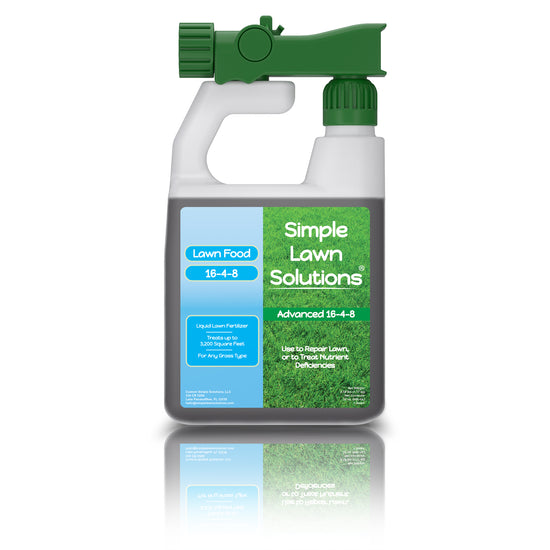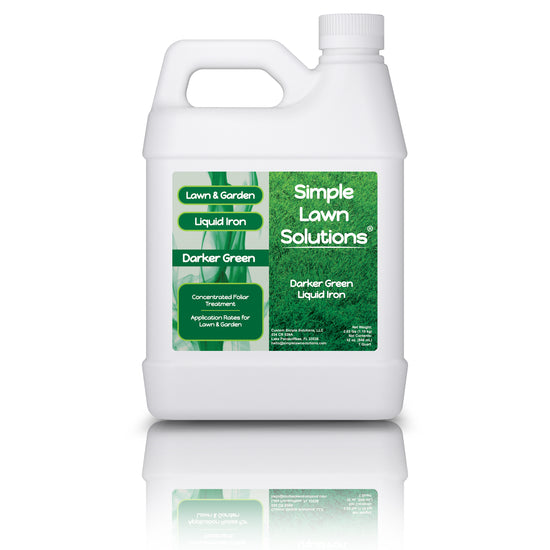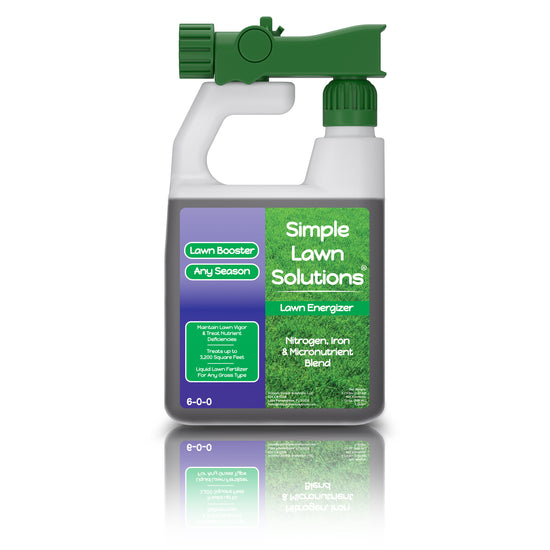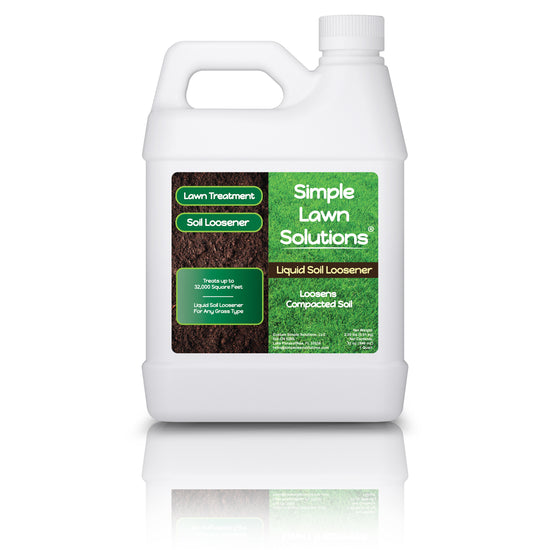Lawns receive inputs from a variety of sources. Synthetic fertilizers provide the nutrients required for healthy grass growth, organic fertilizers can provide nutrients while stimulating soil microorganisms, adding organic carbon, and stabilizing the soil. Pesticides manage weeds, diseases, and damaging insects, while nitrogen is supplemented by precipitation. However, the most frequent and often unchecked input to many homeowners’ lawns is irrigation water. In a perfect world, irrigation water would be pure, distilled water. Though this isn’t the case, you can have your water tested and your system maintained to ensure that the elements contained in your lawn don’t cause adverse effects to the health of your grass.

As we discussed in our most recent article, Salts In Your Soil, salts are ions containing a positive and a negative charge that can reduce, or even reverse, plant water uptake. According to Oklahoma State University, salts can bind to water in the soil and the energy required to overcome the pull of the salts attached to the water can lead to stunted growth, and potentially the death of the plant. Irrigation water can contain high salt concentrations that build in the soil, especially as irrigation is often a method that can be relied on to leach excess salts from the root zone. In your irrigation report, total salts are typically indicated by measures called Total Dissolved Solids (TDS) and Electrical Conductivity (EC). TDS reports the total concentration of salts present, while EC provides the ability of these salts to conduct electricity, which is a physiological feature of salts. TDS values aren’t typically a concern under 500 mg/l, while EC isn’t a concern under .75 deciSiemens per meter (ds/M). If these values are greater than 1,000 and 1.5, respectively, then they’re considered high.

Sodium is a salt that should be closely monitored as it’s naturally present in most irrigation water and can be one of the most harmful salts when added in excess. Since sodium is a cation that competes with calcium and magnesium, its concentration is measured in proportion to calcium and magnesium in a parameter called “Sodium Adsorption Ratio” (SAR). According to PSU, a SAR below 3 is considered safe for your lawn. Clay soils tend to be less tolerant of sodium than sandy soils due to a lower leaching potential, so an SAR of 9 can, over time, cause damage in clay soils while sandy soils may be tolerant of a SAR up to 10 in some cases. If your soil contains high amounts of sodium, it may be beneficial to supplement your lawn with gypsum. Gypsum, or calcium sulfate, can aid in removing sodium from exchange sites in your soil and leaching them through the soil profile. Keep in mind, using gypsum to leach sodium requires water, so this process will not be effective if the sodium is being added to the soil via your irrigation.
A third value that you may see on your irrigation report is alkalinity. This parameter measures the total carbonates and bicarbonates in your soil, which indicate the ability of your irrigation water to neutralize acidity. In excess, carbonates and bicarbonates can form insoluble compounds with calcium and magnesium and render them unavailable for plant uptake while simultaneously enhancing sodium concentrations in your soil. To be safe, ensure that your bicarbonate values are less than 120 ppm, and carbonates are less than 15 mg/L.

To obtain an irrigation water report, consult your irrigation specialist or your local agriculture extension. They may provide more detailed recommendations for your lawn or your area, and may be able to assist in remediating issues in your irrigation. Irrigation water issues are often overlooked and can lead to long-term frustration and heavy applications of products. The solution may be easier than you think!
Understanding your turf irrigation water analysis report (WT02) (Agricultural Analytical Services Lab). Agricultural Analytical Services Lab (Penn State College of Agricultural Sciences). (n.d.). https://agsci.psu.edu/aasl/water-testing/irrigation-water-for-turfgrasses/understanding-your-turf-irrigation-water-analysis-report-wt02
Zhang, H. (2017, April 1). Understanding your irrigation water test report - Oklahoma State University. Understanding Your Irrigation Water Test Report. https://extension.okstate.edu/fact-sheets/understanding-your-irrigation-water-test-report.html#:~:text=Water%20testing%20is%20an%20important,in%20any%20clean%20plastic%20container.









